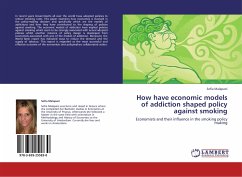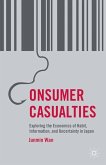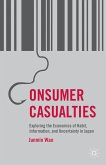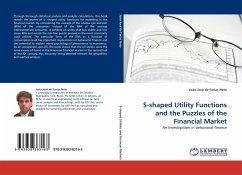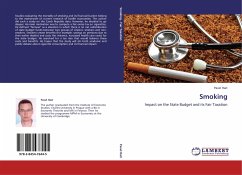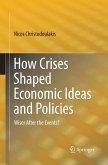In recent years Governments all over the world have adopted policies to reduce smoking rates. This paper examines how economics is involved in the policy-making decision and specifically which are the models of addictions and how they have contributed to the shaping of policies against smoking. The economic models of addiction have implied policies against smoking which seem to be strongly associated with actual adopted policies whilst another instance of policy design is developed from economists associated with one of the models of addiction. Moreover, the World Bank report has indicated ways to reduce the demand and the supply of tobacco. This report is regarded as the most successful and effective outcome of the economists and policymakers collaborated action.
Bitte wählen Sie Ihr Anliegen aus.
Rechnungen
Retourenschein anfordern
Bestellstatus
Storno

